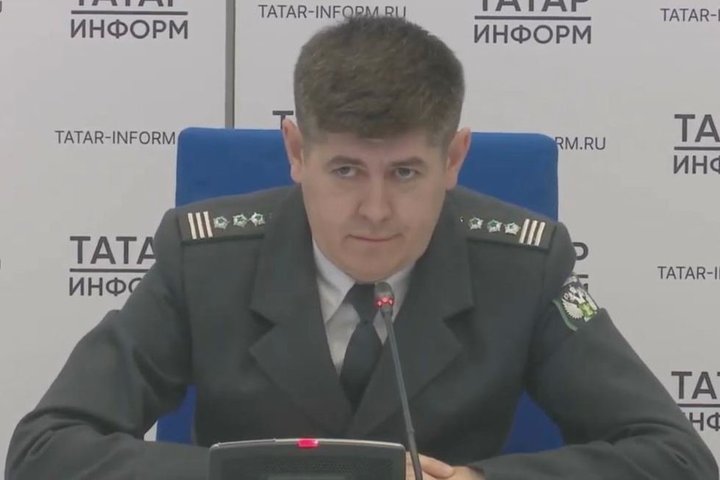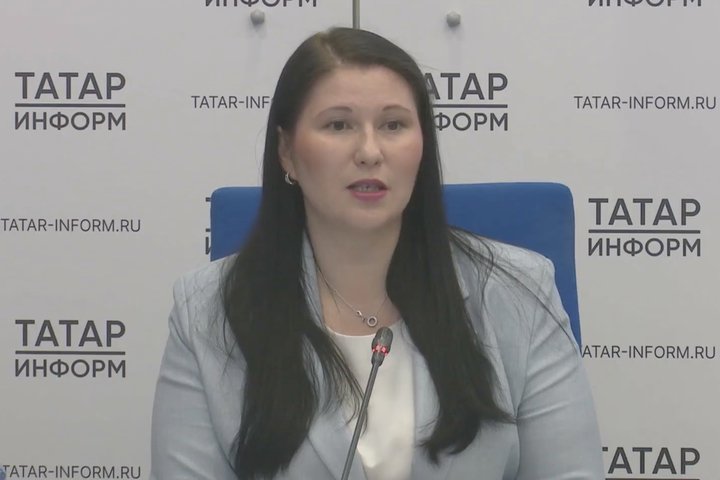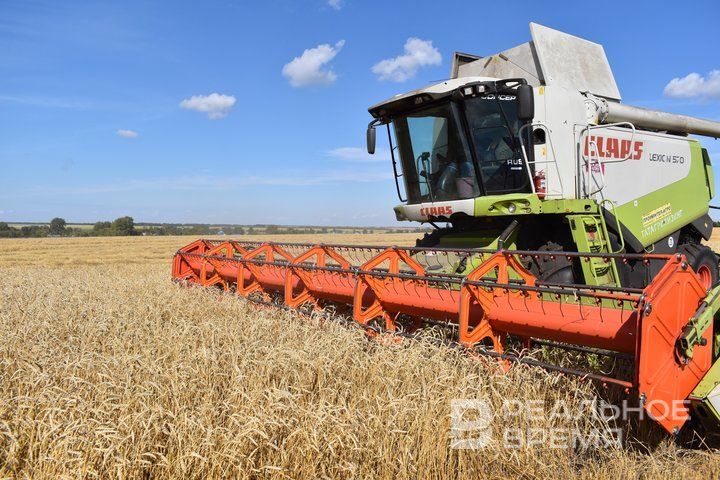‘A lot of grains are produced in Tatarstan, this is why there should proper supervision’

European countries are key importers of agricultural produce
Over 50,000 tonnes of grains have been exported from Tatarstan since early 2024, said Vice Director of Russia’s agricultural watchdog in Tatarstan Ayrat Tazetdinov said.
“A lot of grains are produced in Tatarstan, this is why there should proper supervision,” he stressed. “We have exported over 50,000 tonnes from Tatarstan and around 200,000 tonnes of grains and processed products across Russia.”
According to him, European countries are the main importers of agricultural produce. Also, part of the exports go to the Asian market — China, Kazakhstan and Tajikistan.
“Wheat and barley go to Kazakhstan, rye does to Kazakhstan and Latvia, oat — to the Czech Republic, Spain, Poland, Tajikistan and Kazakhstan, maize — to Kazakhstan, linen — to Germany, the Czech Republic, Belarus and Poland, mustard — to Belarus, the Czech Republic, Austria, Germany and Poland,” Tazetdinov said.

Talking about supplies that started to China, Tazetdinov emphasised the fact that even though China is a friendly country for Russia, it has strict requirements for imported products, much stricter than those existing in our country.
“If grain in Russia is tested for 230 pesticides, it is for 516 in China. China has strict requirements for supply, this is why we are certifying our enterprises to be on their list. The exporter has to do a lot of activities,” claimed the speaker.
Director of a Tatarstan office of Grain Quality Assessment Centre Tatiana Menlikeyeva claimed that most exports go to Europe through Poland and then to other countries through sea ports, for example, Novorossiysk. At the same time, pesticides are the most frequent topic raised by inspectors.
“There have been done over 500 tests for agricultural chemicals this year and over 2,500 activities related to pesticides and various chemicals. Yes, there is such thing as pesticides in Tatarstan, moreover, in big amounts, which makes us very sad,” said Menlikeyeva.

“The shipping was interrupted immediately to prevent a scandal”
The average gross harvest is 2.2 million tonnes of wheat, said Ayrat Tazetdinov. Good and quality harvest not below last year’s numbers is expected this season as well. At the same time, the share of grain that didn’t pass the quality test in Tatarstan is usually low.
“There is usually no such thing. If a producer or trader prepares a lot, he or she repeatedly examines it. There haven’t yet been high-profile cases, thank God,” said Tatiana Menlikeyeva.
Also, the experts talked about the eternal topic of foodstuffs — GMO. According to Menlikeyeva, Tatarstan usually doesn’t have issues or difficulties with this in grains.
“Our grains usually don’t have GMO. However, these traces were found in a lot when shipping raps to Iran in 2021. The shipping was interrupted immediately to prevent a scandal,” she noted.

At the same time, according to her, the issue of disposal of grains that didn’t pass the test is more than rational.
“If grain doesn’t pass the test, it can be used for other purposes such as industrial. Low-quality grain can also receive warnings or be used as forage for cattle if it doesn’t contain chemicals or pesticides. Otherwise, it is disposed of,” the expert concluded.